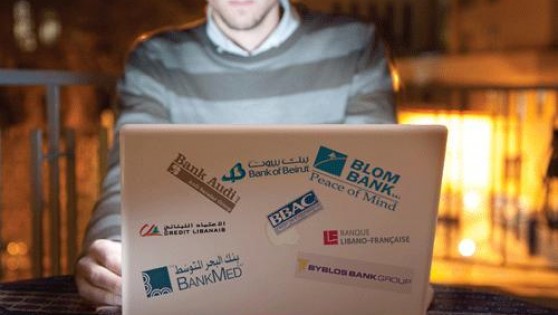Economics and Policy
The World Bank has slashed its projection for Lebanon’s GDP growth in 2013 to 2 percent from 2.8 percent.
Lebanon’s investor risk surged to the highest level in 10 months amid concern that sectarian violence may escalate after Hezbollah openly joined the war in neighboring Syria.
A planned leadership change that could see Qatar's US-allied Emir eventually ceding power to his son is unlikely to change the Gulf state's taste for bold investments overseas, analysts predict.
Egypt’s central bank said it had suspended its Tuesday deposit auction and would hold a repurchase agreement (repo) auction in its place, a move bankers said was designed to give some banks access to more liquidity.
The IMF has warned Dubai's companies over increased borrowing.
Companies and Business
Unatrac Holding, the distributor of Caterpillar equipment in eight mainly African countries, has signed a $700m, three-year loan to fund operations and refinance existing debt.
Online advertising in the Middle East and North Africa region is growing at 37 per cent per year to hit $2.8 billion in 2016.
Abu Dhabi's Aldar Properties and Sorouh Real Estate surged Thursday after the developers said no objections were raised by creditors of Sorouh to a state-backed merger of the two firms set for end of June.

![Friday[11][20]](https://www.executive-magazine.com/wp-content/uploads/2014/01/Friday1120.jpg)




![Thursday[12][21]](https://www.executive-magazine.com/wp-content/uploads/2014/01/Thursday1221.jpg)










![Wednesday[34]](https://www.executive-magazine.com/wp-content/uploads/2014/01/Wednesday34.jpg)
